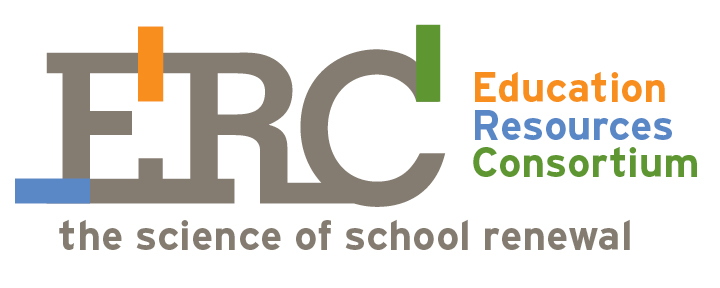Greetings--- As we roll into 2019, here are three education stories worth revisiting and talking about with colleagues:
1- Teachers Leaving the Profession at Record Rates
One of the things ERC does regularly is to facilitate school-based “new teacher groups”. They’ve gotten high praise from principals and from participants. We’ve been around and have learned to pay attention to the issues surrounding the attrition of young teachers. We see groups like these as a critical investment. Disturbingly high percentages of educators leave the profession after a brief foray, especially in poorer schools and low-performing settings, and despite a major financial investment in a teaching degree. We base our approach to working with new teachers on the fact that many people leave teaching not because they can’t master the technical aspects – organizing content, planning lessons, using computer programs, etc. but because of isolation and loneliness, on-going anxiety, lack of professional support, and the amount of time and emotional energy consumed by just showing up every day for school. We’ve also noticed over the past 4-5 years more complaints about the grind of getting scores up, a focus on trivial results over more engaging teaching, a relentless march through textbooks and standards to keep pace with demands for “coverage”, and the associated impingement on creativity that led many to consider the classroom to begin with.
Now we can add meager pay and competing opportunities to that list:
Teachers Quit Jobs at Highest Rate on Record
2-Facebook is not our friend
My instincts always made me leery of Summit Learning. Purchasing that platform seemed too much like a capitulation, an acknowledgement that a school can’t organize its curriculum, design lessons to connect with and motivate students and spark curiosity, or function as a “living system” with the capacity to recognize and address its own shortcomings. The Summit educators I met were largely unable to cite a theory of action, explain their role in making critical decisions about student learning, or comment on how the Summit approach fostered professional collegiality (remembering that adult learning and collaboration are the #1 predictors of a high-functioning organization). I attended Summit events where a common answer to any serious question about teaching and learning was, “oh, just have the students click here”. I also heard thoughtful educators rue the program’s reliance on cartoons and videos to explain and/or teach skills and a trivialization of serious historical and contemporary issues of class, race, gender, and equity.
I wasn’t surprised last year when more reports began to surface about students and families who had those and other issues with the Facebook-backed, Silicon Valley incursion into classrooms. Designed by pseudo-educators to make a buck and expand customer base, its unsavory aroma began to spread. Here's one story, and we think it’s cool that NYC’s Urban Academy, a public high-school bastion of rigorous, inquiry-based teaching and learning and attention to issues of social justice was one of the schools whose students led the way.
3-We Knew It All Along: More Pressure is Not a Solution
Sadly, but predictably, the “School Turnaround” effort has largely been a costly failure. Few schools have ever turned around, and those that did had short-lived, marginal improvement. Policy-makers under duress, living apart from the reality of schools, have too often tried to address the wrong problems. An emphasis on technical fixes and programs to raise scores, many delivered as part of the proliferation of “school management” organizations (for both charter and traditional public schools), combined with low district capacity to identify and address root causes to make the turnaround approach a major loser for schools and taxpayers (but a boondoggle for “providers” --see Meyers and VanGronigen’s So Many Educational Service Providers, So Little Evidence.) This retrospective look raises questions about whether the meager gains were worth the political controversy, and the educational costs of putting a greater focus on test scores:
Looking Ahead
Front-line educators have work to do. We have to do our homework and we need to know our history. We have to ask harder questions, and commit to engage the pubic on the issues that matter to us and to our students and families.
Here’s to a healthy and rewarding 2019.
Larry Myatt and Wayne Ogden, Co-Founders
Education Resources Consortium
